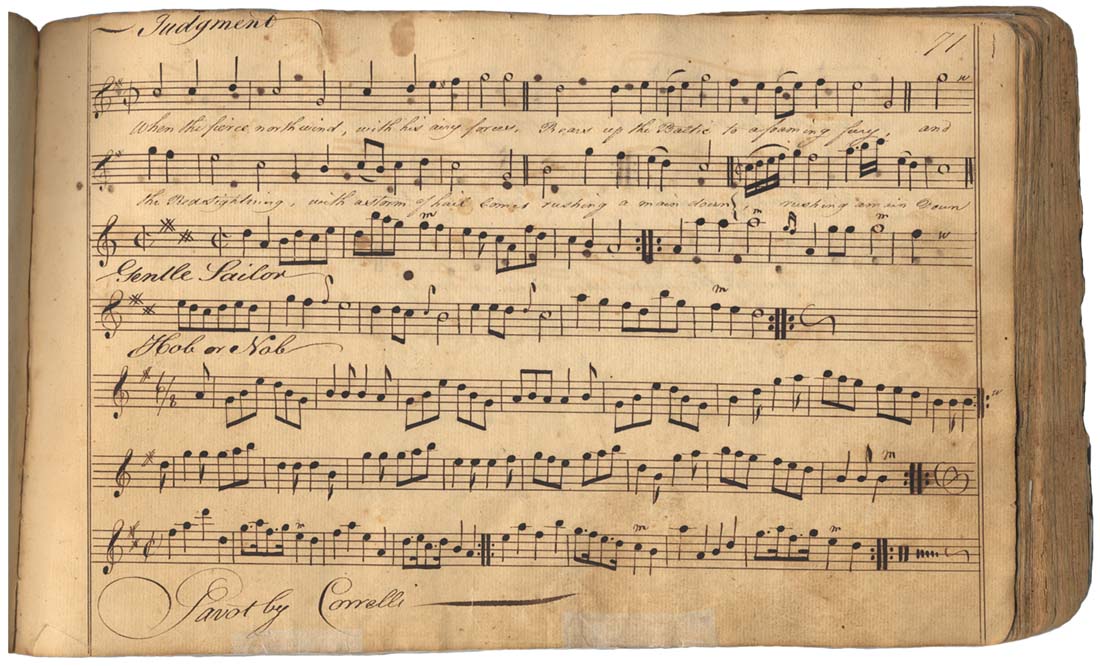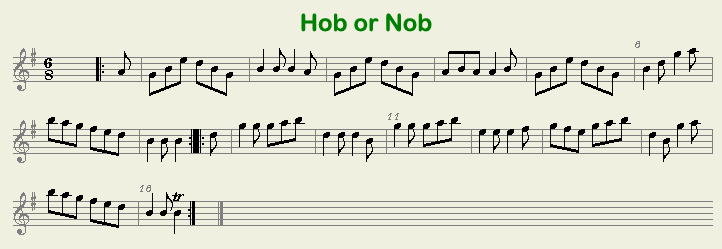Isaac Watts. 1674-1748
The Day of Judgement
WHEN the fierce North-wind with his airy forces
Rears up the Baltic to a foaming fury;
And the red lightning with a storm of hail comes
Rushing amain down;
How the poor sailors stand amazed and tremble,
While the hoarse thunder, like a bloody trumpet,
Roars a loud onset to the gaping waters
Quick to devour them.
Such shall the noise be, and the wild disorder
(If things eternal may be like these earthly),
Such the dire terror when the great Archangel
Shakes the creation;
Words After Music by Carolyn Roberts
Horacian Sapphic stanza was a metre traditionally used by both classical and post-classical poets for the writing of odes, hymns12 and
other verse forms intended to be accompanied by music. Isaac Watts, for instance, the creator of the modern English hymn ("O God, our help in ages
past" and "When I survey the wonderous Cross"),13 used the Sapphic stanza in "Day of Judgment: An Ode Attempted in English Sapphics":
Words After Music by Carolyn Roberts
Horacian Sapphic stanza was a metre traditionally used by both classical and post-classical poets for the writing of odes, hymns12 and
other verse forms intended to be accompanied by music. Isaac Watts, for instance, the creator of the modern English hymn ("O God, our help in ages
past" and "When I survey the wonderous Cross"),13 used the Sapphic stanza in "Day of Judgment: An Ode Attempted in English Sapphics":





![]() Copyright © 2003, InterMedia Enterprises
Copyright © 2003, InterMedia Enterprises